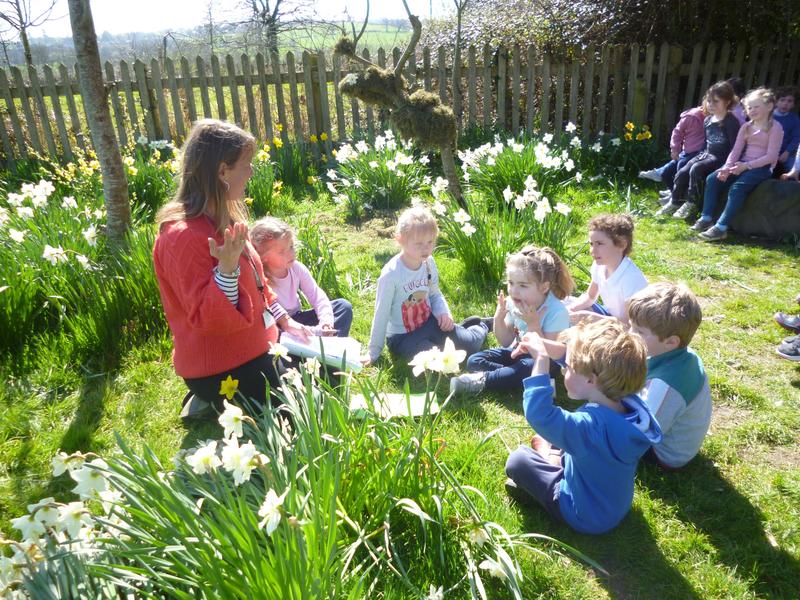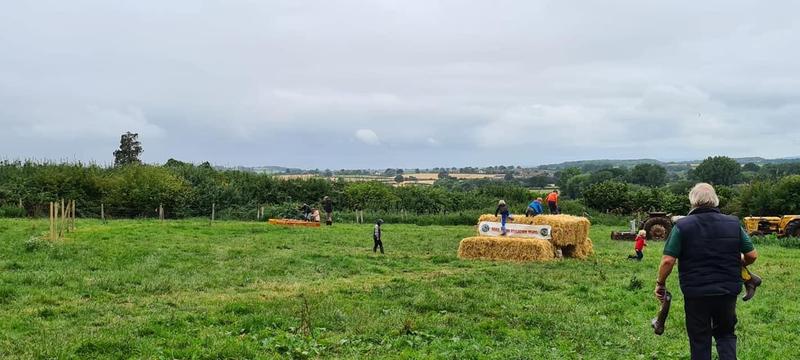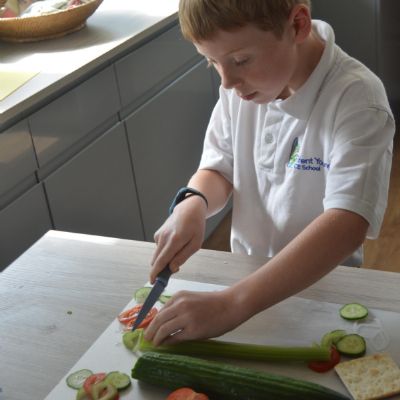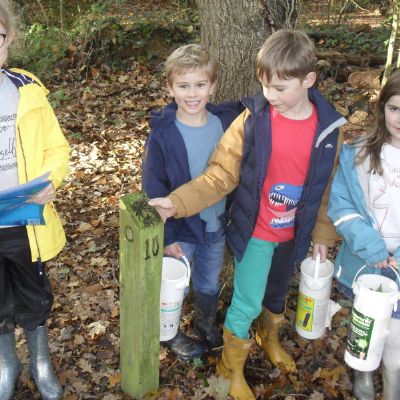The Curriculum at Trent
At Trent Young's we carefully plan our learning to ensure that each child receives a rich and balanced curriculum that enables them to flourish both academically and personally. Through the learning experiences provided, we aim to develop knowledge and understanding of the subjects taught; respect for each other, cultural diversity and the world in which we live; and an understanding of fundamental British values. For more details, please click on the links below, or come in to see us!
Our Approach to the Curriculum
Our Approach to the Curriculum
Let your Light Shine

Our Approach to the Curriculum
Our approach to the curriculum is firmly rooted in our vision: ‘Let your Light Shine’
Intent
Curriculum planning is accessible and relevant to all pupils, and covers the content of the National Curriculum. Through carefully sequenced lessons, children learn and apply a range of knowledge and concepts across all subjects. They also develop skills such as questioning, presenting, debating, making choices about their own learning and critically reflecting on their work, and that of their peers. We have five key themes which drive our curriculum: Health, Language, Community, Environment and Technology. (See our ‘Curriculum Drivers’ document for more details.) We use these 'drivers' to underpin the development work we undertake in all areas of school life and to ensure our curriculum offer is enriched and personalised to our children and their families.
Implementation
Planning starts from the subject requirements (see individual subject documents for more detail) and meaningful links are then made within that subject, and with subjects. Teaching and learning in this way allows well-organised cross-curricular links to be made, which enable children to make connections between their learning and so deepen their engagement and understanding. We plan opportunities for learning which promote problem solving, creativity and communication in a purposeful and supportive environment.
All class teachers are responsible for providing a curriculum that is suitable for all pupils in the class, including those with Special Educational Needs or Disabilities (SEND) with support from the SENDCo. We have high expectations for all pupils and are committed to ensuring our curriculum complies with the Equality Act 2010, the SEND Code of Practice and the Special Educational Needs and Disability Regulations 2014. Our inclusion statement emphasises the importance of providing an inclusive learning environment for all pupils including those with SEND. Additional information on this can be found in our Special Education Needs Information Report and Equalities Policy.
Our behaviour policy ensures that our learning environment is positive and inclusive, enabling every child to make the most of the learning opportunities at our school. Children learn about the Protected Characteristics and Fundamental British Values to further develop their understanding of their roles and responsibilities in society.
The Extended Curriculum

We also believe that to truly flourish, children’s learning needs to go beyond the National Curriculum. We provide enrichment activities to enhance the curriculum, for example, the school organises themed days, linked to various aspects of the curriculum such as ‘positive relationships and anti-bullying week’; mental health and well-being; curriculum linked days or weeks; World Book Day; Children in Need day etc. We aim to provide a variety of extra-curricular activities for all children that will meet their needs, interests and enhance their skills and learning. These clubs are changed termly. (See PE grant document and Extra-Curricular page on our school website).
Impact
The impact of pupils’ learning will be assessed in the following ways:
- Formative assessment throughout lessons, including the use of quizzes and knowledge builders.
- Summative assessment will identify children who have reached expected standards and those working either above or below. Pupil responses – this may be evidenced in books or through children’s talk.
- Answering the overarching enquiry question at the end of a unit of work.

Our Curriculum Drivers
Our Curriculum Drivers
When designing our curriculum, we took into account the needs of our learners and community, our vision and values, and the location of our school. These ‘big ideas’ or curriculum drivers are used to underpin the development work we undertake in all areas of school life and to ensure our curriculum offer is enriched and personalised to our children and their families.
|
Health During their time at Trent Young’s, we want our children to develop habits and acquire knowledge and skills that will promote good health, both physical and mental. We want each child to have experiences which enable them to understand the importance of eating a balanced diet and getting regular exercise; to learn and apply strategies which will help them to deal with life experiences; and develop the ability to solve problems. We believe that it is important that children
|
|
Language In order to fully access learning and life, we consider that developing children’s interest in language, and the skills related to acquiring and using language are vitally important. Alongside the development of language, we aim to teach children communication skills so that they become confident communicators who are equipped to succeed now and in the future. Our work through all the curriculum subjects provides opportunities for children to
Learn a second language All of our children learn French; language learning from Reception sows the seeds of curiosity that enable children to learn about, and foster an interest in, another language and culture other than their own. As their curiosity blossoms so does their confidence, appetite for learning about other languages, countries, communities and cultures. Language learners use their skills to harvest vital knowledge and understanding that improves communication and literacy skills in their own language. We teach languages to broaden horizons and enhance future opportunities for study, work and travel as well as developing a lifelong passion for languages. |
|
Community We believe that our curriculum will enable the children to develop the emotional understanding necessary to experience positive relationships, to develop a sense of justice and an ability to empathise, which in turn will lead to respect for themselves and each other. We also feel that developing our school as a learning community is key to enable everyone’s light to shine. Through parental and community involvement, we strive to enhance the learning for both pupils and adults. We want to encourage parents’ and carers’ involvement and for them to feel welcome and valued in our school. We aim to help the children to understand that they are all part of a global community, to gain a sense of place and understand that they play a part in our world’s future. We aim to do this through
|
|
Environment We want to enrich our children’s understanding of their local and wider environment by providing opportunities for learning within and beyond the classroom. We believe our children deserve opportunities to experience the richness of the world’s diversity and develop an attitude of care and respect, understanding how actions and decisions impact upon it. We aim to raise awareness of issues which impact on the environment upon which we all depend, as well as actions we can take to improve and sustain it. Through learning about the environment across our curriculum we aim to
|
|
Technology We aspire to use technology so that it enhances learning experiences and prepares each child for living well in a digital world. We aim for technology to foster engagement, interactivity and creativity, making learning more enjoyable and effective. Through learning about technology across our curriculum we aim to
|
Beyond Expectations
As part of the DSAT group of schools, our teaching and learning fits into the wider academy ethos as detailed below.


